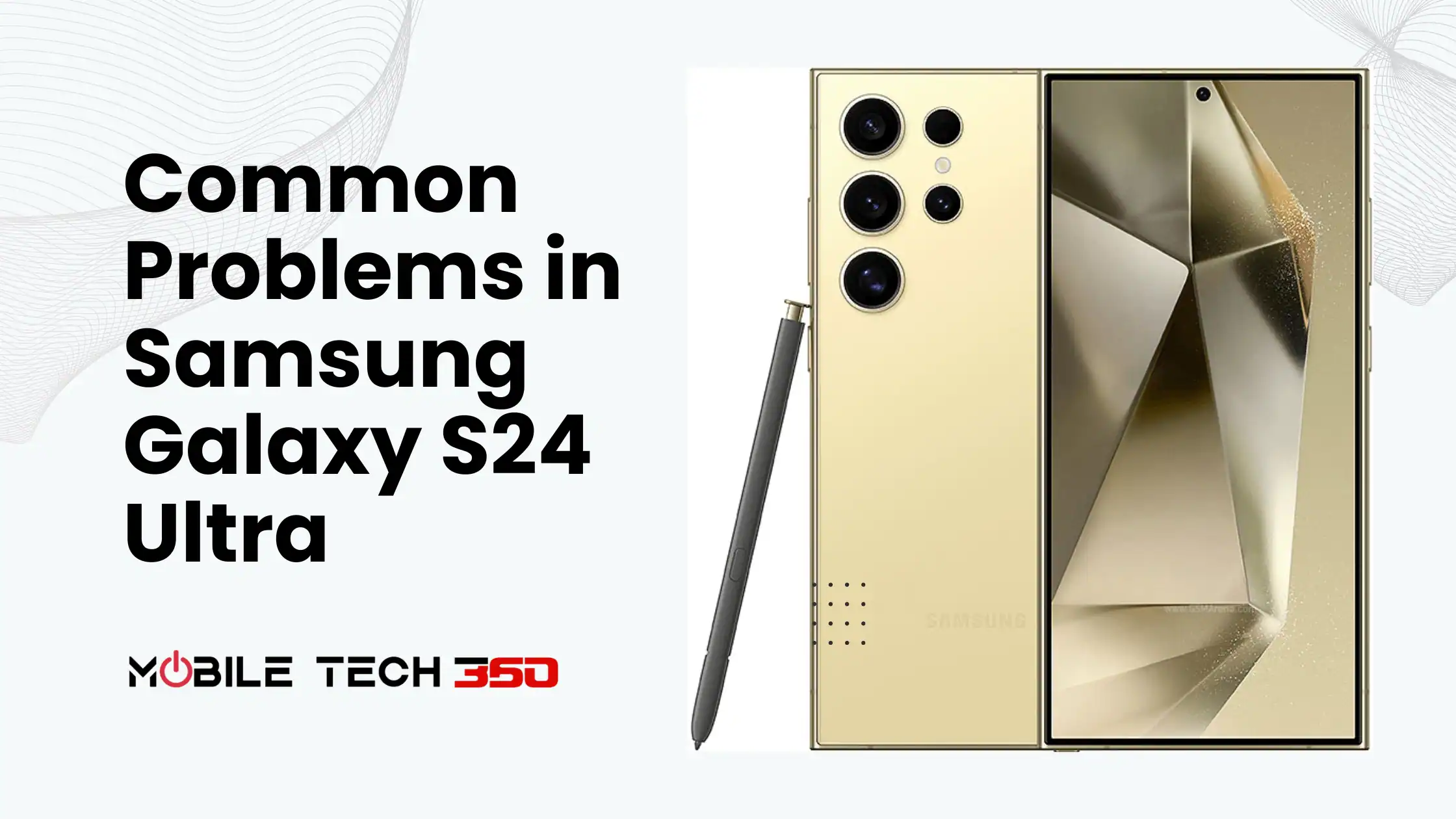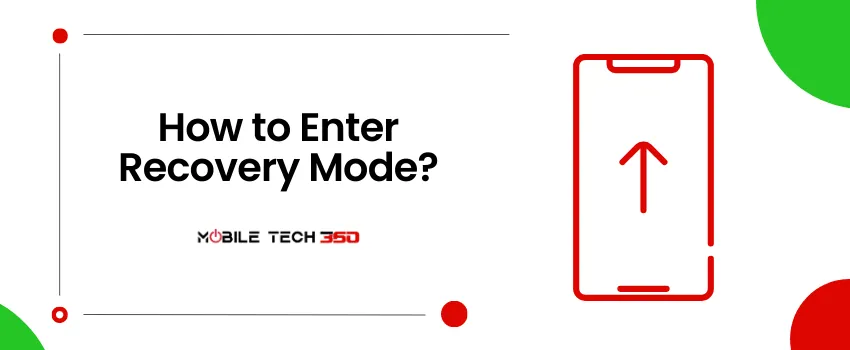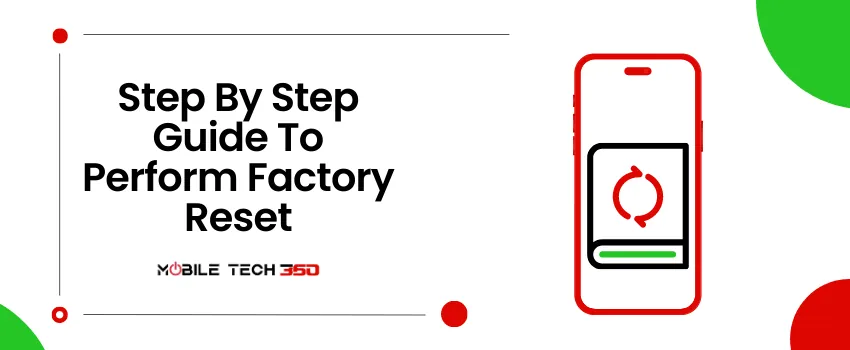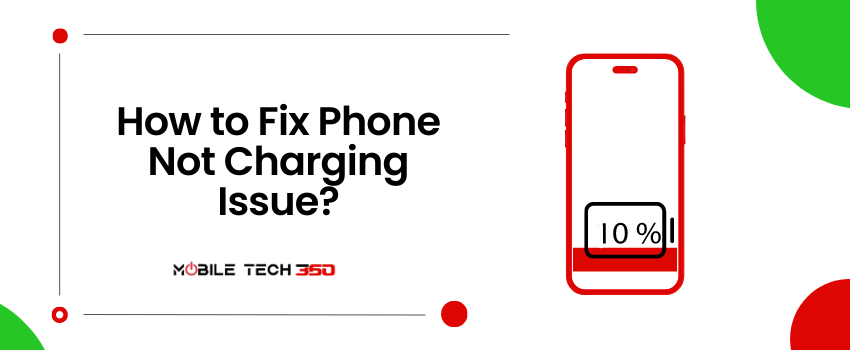
Table of Contents
- 1 Common causes of Samsung Galaxy S23 Ultra not charging
- 2 How To Fix Samsung Galaxy S23 Ultra Charging Issue?
- 2.1 1. Check the Charging Cable and Adapter
- 2.2 2. Clean the charging port
- 2.3 3. Use original charging accessories
- 2.4 4. Restart Your Phone
- 2.5 5. Make Sure the Charging Port is not Wet
- 2.6 6. Charge your phone while off
- 2.7 7. Avoid overcharging
- 2.8 8. Change the Power Outlet
- 2.9 9. Charge at a Suitable Temperature
- 2.10 10. Clear System Cache
- 2.11 11. Boot into Safe Mode
- 2.12 12. Update Phone Software
- 2.13 13. Factory Reset
- 2.14 14. Replace Battery
- 2.15 15. Contact Customer Care
- 3 Conclusion
- 4 FAQs
Is your Samsung Galaxy S23 Ultra facing charging problems or not charging at all? If you’re encountering these issues, don’t worry. Charging problems can be frustrating, but before you rush to the service center, it’s worth trying these troubleshooting steps described in this article to potentially fix the issue yourself. Our team has compiled this troubleshooting guide based on various hits and trials we perform on a lot of phones, so you can trust and proceed.
If you are facing any other issue on your Samsung Galaxy S23 Ultra, like overheating, phone lag, Bluetooth, or other common problems, you can follow the respective guide.
Common causes of Samsung Galaxy S23 Ultra not charging
Your phone can stop charging due to hardware or software problems or physical damage. But most commonly these are due to accessories. Some of the common causes of Galaxy S23 Ultra not charging are mentioned below for your understanding:
How To Fix Samsung Galaxy S23 Ultra Charging Issue?
We’ve compiled a list of troubleshooting steps to help you resolve this problem and get your phone charging efficiently again. Let’s dive into each step in detail:
1. Check the Charging Cable and Adapter

The first thing you need to do is inspect the charging cable and adapter. Check for any visible signs of damage or fraying on the cable. If you notice any issues, it’s crucial to replace the charging cable with a new, compatible one. Similarly, ensure that the charging adapter is not damaged and is providing the appropriate power output for your Samsung Galaxy S23 Ultra.
2. Clean the charging port

Over time, dust, lint, and debris can accumulate in the charging port, obstructing the connection between the charger and your device. It can affect the charging speed or not charging at all. Therefore, you have to clean it after some time.
- Gently clean the charging port using a soft, dry cloth or a small brush.
- Remove any dust, lint, or debris obstructing the connection between the charger and the device.
- Avoid using sharp objects that could damage the port.
- Use WD40 to clean it.
3. Use original charging accessories

You must check your charger and cable when you notice your phone is not charging. Use only original or certified chargers and don’t use high-power chargers not compatible with your device.
Avoid using cheap and non-certified chargers, they heat up your device and contribute to slow charging, and battery-draining issues as indicated by many trials.
4. Restart Your Phone
Restarting your device can solve many problems caused by apps or software bugs. This is where a brief pause and refresh for your phone can become a remedy.
There are two methods to restart an Android device: a soft restart and a forced restart. Both methods do not erase any stored data from the device’s internal storage, eliminating the need for file backups if performed correctly.
To perform a standard reboot on the Galaxy S23 Ultra, follow these steps:
- Press and hold the Power key for a few seconds.
- Release when the power options menu appears.
- Tap on the Restart icon to initiate the system reboot.
In cases where the phone experiences lagging and subsequently freezes, a forced restart becomes necessary.
Here’s how to perform a forced restart:
- Press and hold both the Volume Down and Side/Power keys for a few seconds.
- Release both keys when the Samsung logo appears.
- All running apps and services are forcefully terminated as the phone undergoes a forced reboot. Wait for the device to complete the boot sequence, after which you can use it normally again.
5. Make Sure the Charging Port is not Wet
Moisture or liquid in the charging port can cause charging issues. Before plugging in the charger, ensure that the charging port is completely dry.
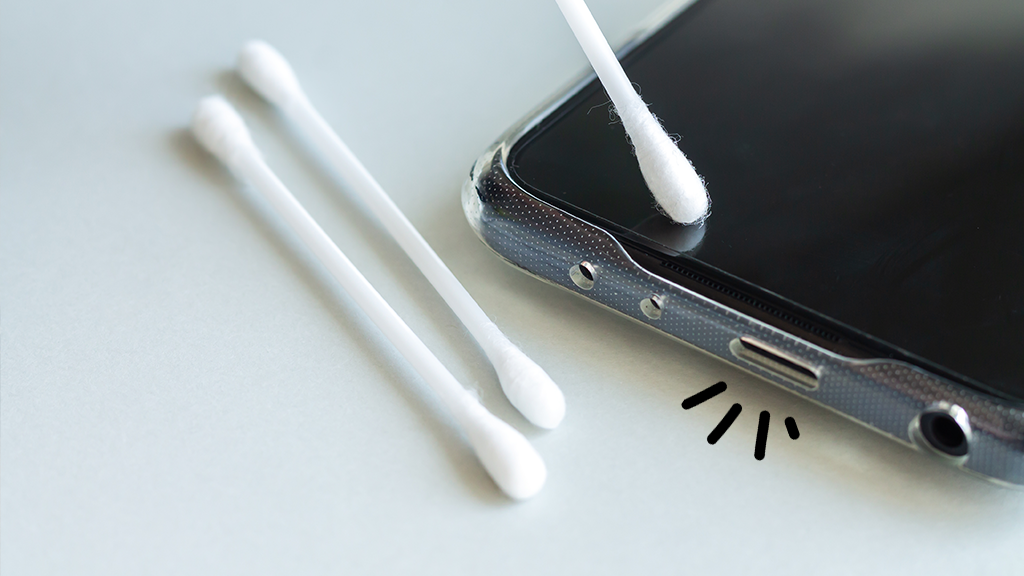
If you suspect any moisture, use a dry cloth or tissue to absorb the liquid or leave it in the open air for some time.
It’s important to note that charging your Samsung Galaxy S23 Ultra while the port is wet can potentially damage the device. Therefore, ensure it is completely dry before charging.
6. Charge your phone while off
Charging your Samsung Galaxy S23 Ultra while it is powered off can sometimes improve the charging speed.
When the device is off, it can focus all its resources on charging the battery, rather than performing other tasks in the background. This method may help expedite the charging process.
If the phone was not used for a long time, the phone battery may be over-discharged, and it will take more time to activate the battery. It is recommended that you charge it for more than 30 minutes and then check whether the phone responds.
7. Avoid overcharging
Leaving your phone plugged in and charging beyond its required charging time can negatively impact the battery life and even damage the charging IC. Once your phone reaches 100% battery level, unplug it from the charger to prevent overcharging. This practice helps maintain a healthy battery and ensures optimal charging performance in the long run.
8. Change the Power Outlet
Sometimes, the power outlet you are using may not provide a stable current or no current at all, affecting the charging process.

Try using a different power outlet to rule out any issues with the current supply. Additionally, ensure that the power outlet is in good condition and not loose or damaged.
9. Charge at a Suitable Temperature
When the ambient temperature is too low or too high, it will limit the phone charging current and reduce the battery activity, causing failure to charge or slow charging:
The battery cannot be charged when the phone temperature is lower than -2°C.
When the phone temperature is -2℃~16℃, the charging current is limited.
When the phone temperature is higher than 16℃, it will return to the normal charging rate.
It is recommended that you charge the phone at a suitable ambient temperature (16°C~35°C).
Avoid exposing your device to direct sunlight or high-temperature environments.
Additionally, refrain from running resource-intensive apps or games for extended periods during charging to prevent overheating.
If overheating is the culprit for you, read this guide to fix overheating issues in Galaxy S23 Ultra.
10. Clear System Cache
There can be corrupted files on your smartphone interfering with the proper charging of your device. Clearing system cache is an effective solution and will clear all the system cache and corrupted files.

Here’s how to clear cache partition on Samsung Galaxy S23 Ultra:
- Power off your smartphone.
- Wait until your phone shuts off completely.
- Now, press and hold the Volume Up and Power keys for a few seconds. This will put your phone into recovery mode.
- Once you’re on the recovery menu, press the Volume Down key to highlight Wipe Cache Partition.
- Press the Volume down key to highlight Yes, and hit the Power key.
- This will clear the Cache partition in a few seconds.
- Lastly, press the Power key to restart your smartphone.
11. Boot into Safe Mode
Booting your Samsung Galaxy S23 Ultra in safe mode can help identify whether any third-party apps are causing the charging problem.
Safe mode disables all third-party apps temporarily, allowing you to check if the charging issue persists.
To enter safe mode, press and hold the Power button, then long-press the “Power off” option until the “Reboot to safe mode” prompt appears. Select “OK” to reboot your device in safe mode.
If your phone charges properly in safe mode, it indicates that a third-party app might be causing the issue.
12. Update Phone Software
Keeping your phone up to date with the latest software version is crucial for optimal performance. There might be some software problem that causes the charging issue in Samsung Galaxy S23 Ultra. Manufacturers usually fix these bugs through software updates and patches.
Check for the available software updates and install them. This can solve your problem.
13. Factory Reset
if you have tried all the above solutions but still have no charging issues on your Samsung Galaxy S23 Ultra. then you can factory reset your device as a last resort.

Here’s how to factory reset the Samsung Galaxy S23 Ultra:
- Open Settings
- Search for reset
- Now, tap on Reset
- Tap on the Factory data reset option
- Hit the Reset button
- When prompted, enter your PIN/Password/Pattern
- Finally, tap Erase everything, and you’re done
14. Replace Battery
If none of the above steps have resolved the charging issue, it is possible that the battery itself may be faulty or degraded.
In such cases, it is advisable to have the battery replaced by a certified technician or an authorized service center.
They can diagnose the battery’s condition and replace it with a genuine battery compatible with your Samsung Galaxy S23 Ultra.
15. Contact Customer Care
If you have tried everything but nothing helped, it can be a hardware issue in your phone like a damaged charging chip. Search for the nearest customer care center and get your device checked.
Conclusion
In conclusion, by following the troubleshooting steps outlined in this guide, you can effectively resolve charging issues with your Samsung Galaxy S23 Ultra. From checking the charging cable and adapter to cleaning the charging port, restarting the device, and using the original accessories, each step plays a crucial role in identifying and resolving the problem. Additionally, factors such as avoiding overcharging, charging at suitable temperatures, and performing software updates contribute to optimal charging performance.



